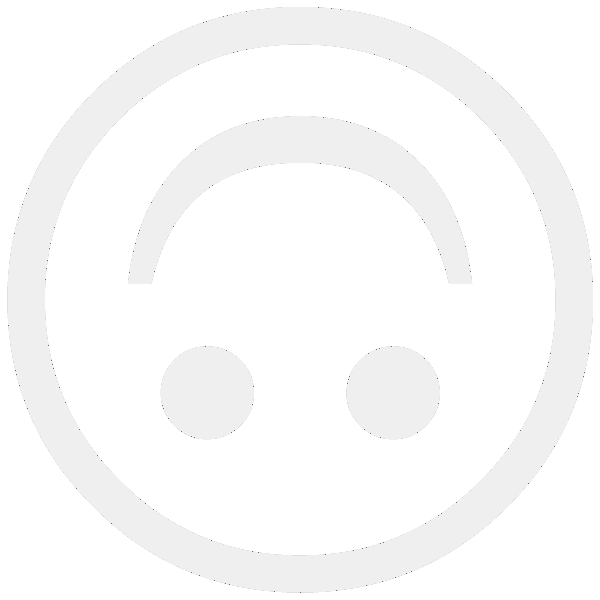Personality
In 1921, the famous Swiss psychiatrist and psychoanalyst Carl G. Jung published Psychological Types.In the book he categorized people into primary types of psychological function.
Isabel Briggs Myers developed this theory into a written survey, the Myers-Briggs Type Indicator, in 1962. It has since become the one of the most widely used tools for understanding differences in personality, and is taken more than two million times each year (officially).
The instrument sorts a personality into one of sixteen types, based on adapted Jungian dichotomies. You can take a (free / unofficial) version of the test here and I urge you to do so: you will learn something about yourself you didn't know yesterday, and it might just help you at home or at work.
The result will report your preference for each of the four pairs, and maybe a number which would indicate the strength of your preference:
- Extroversion or Introversion E or I
- Sensing or Intuition S or N
- Thinking or Feeling T of F
- Judging or Perceiving J or P
n.b. The dichotomies have specific meanings within their context i.e. it is not true that someone who has a judging type is judgmental, so care needs to be taken in considering an MBTI type, more information can be found
here.
or in the book Introduction to Type.
My personality: INTP (Although I have only a slight preference for introversion).(Ti | NE | S | FE)
They are "independent problem-solvers who excel at providing a detached, concise analysis of an idea or situation".
"Their incisive evaluations and summaries can assist a group in getting to the core of complex problems."
- you can find more in depth descriptions on 16 Personalities, Personality Junkies or Wikipedia.
Summary of characteristics
Only 3% of the population are INTP: they are
- Logical, analytical and objectively critical
- Detached and contemplative
- Mentally quick, insightful and ingenious
- Intensely curious about ideas, theories and what makes things work
Famous INTPs include Bill Gates, Albert Einstein, Rene Descartes, Isaac Newton and Blaise Pascal!
Areas for growth
If an INTP is not supported or appreciated they might
- Become cynical
- Struggle with empathy
 CV_(Concise)
CV_(Concise)


